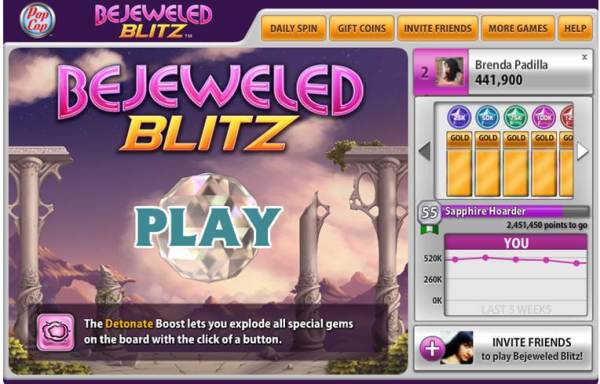I have recently submitted my PhD thesis. After almost 4 years, it is ready. I finished. The literature review, the methodology, the data collection and analysis, the discussion, the conclusions, everything, it is done. Long hours of hard work have culminated in a 266-page long document.
It felt strange handing it in. It is not the final step of this journey, as I still have to wait for my viva voce presentation. But it is so close to the end that I cannot help but feeling a bit empty inside. An important period of my life is ending. My stay in the United Kingdom is almost over.

This is my most liked picture on Facebook. I was impressed by the amount of support and good wishes I received.
It is time to look back and reflect on what I have learned. Throughout my studies, I have met many interesting people, who have shared with me their experience and knowledge. I have learned about technologies, pedagogical practices, research methodologies and more.
Unquestionably, the person that has contributed the most to my academic development has been my supervisor. We have worked together in a weekly basis. He is one of the most intelligent people I have ever met. I am grateful to have him as my mentor, my academic father. From him I have learned many lessons, including:
- Write properly. I knew this one before starting my PhD. But now I am better at it. A great idea/finding is nothing if expressed blandly.
- Use diagrams. Figures give readers a break from the text. They help those who just want to skim through your writing learn your main points.
- Choose your fights. I hate it when someone wants to use their “authority” to make me do something I do not want to do (e.g., unnecessary changes in my work). When I am in a situation like that, my first impulse is to argue and stand my ground. My supervisor taught me to keep calm and find the easiest way to solve the problem. Is it worthwhile to spend time discussing trifles? Usually, it is not. I have learned that now.
Is this really over? I want to think that this is not the end, but a new beginning. I will continue doing research, writing, learning… I will keep in contact with the people I have met and maybe even collaborate with them. New projects await. A new path lies ahead. A new journey will start.



